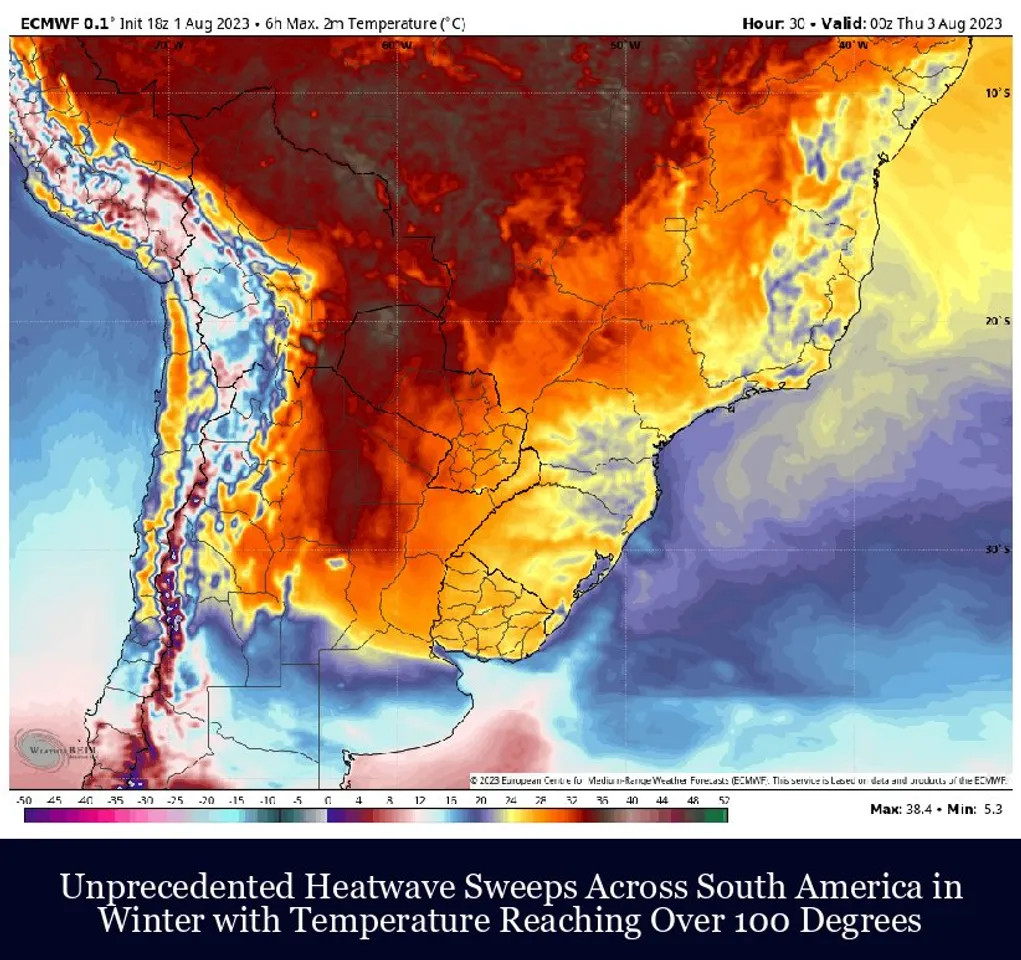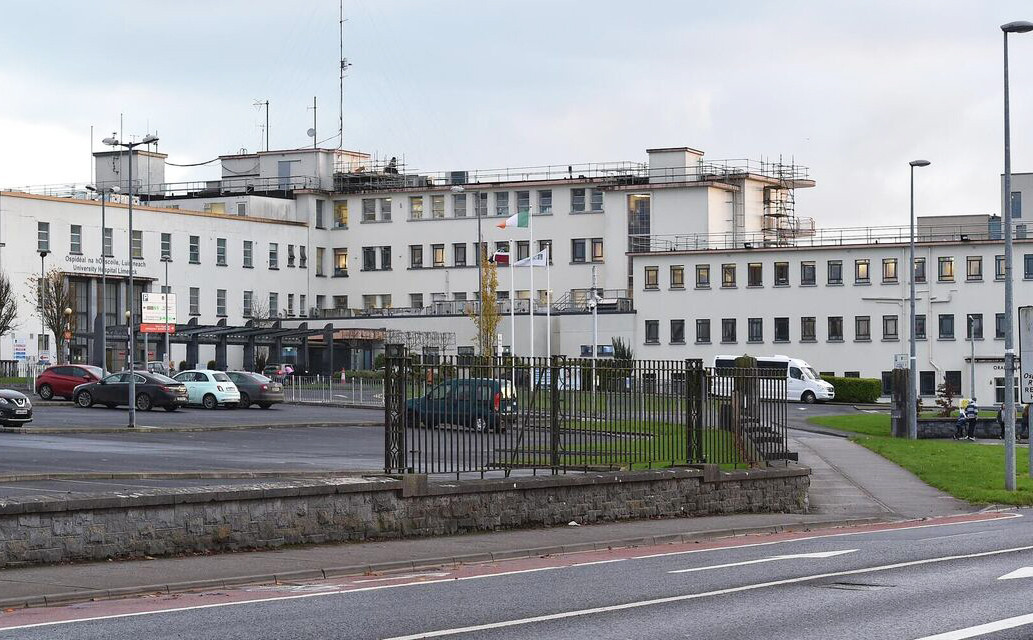Scorching Temperatures in Melbourne: A City Under the Sun
Melbourne, a city renowned for its vibrant culture and unpredictable weather, is currently grappling with an unprecedented heatwave. Temperatures have skyrocketed, shattering previous records and posing significant health risks to residents. The severity of this heatwave is not just a matter of discomfort; it's a serious public health concern demanding immediate attention and proactive measures from individuals and authorities alike.
Health Risks Associated with Extreme Heat
The prolonged exposure to extreme heat can lead to a range of health issues, from heat exhaustion and heatstroke to cardiovascular complications. The elderly, young children, and individuals with pre-existing medical conditions are particularly vulnerable. Symptoms such as dizziness, nausea, rapid heartbeat, and confusion should not be taken lightly. Seeking immediate medical attention is crucial in such cases. Health authorities have issued warnings urging people to stay hydrated, limit outdoor activities during peak hours, and check on vulnerable neighbours and family members. The impact on the city's healthcare system is also a major concern, as hospitals brace for an influx of patients suffering from heat-related illnesses.
Protecting Vulnerable Populations
The city's response to this health crisis is multifaceted. Cooling centers have been set up across various neighborhoods, providing refuge from the extreme heat. Public awareness campaigns are being aggressively promoted through diverse media platforms, emphasizing the importance of preventive measures. The collaboration between government agencies, healthcare providers, and community organizations is vital to mitigating the health risks and ensuring the well-being of all residents. A city-wide effort ensures that the message about heat safety reaches every corner of Melbourne and every segment of its population.
Impact on Daily Life and Infrastructure
Beyond the health concerns, the heatwave is causing widespread disruption to daily life and infrastructure. Public transportation is facing challenges, with reports of delays and service disruptions due to the extreme heat affecting the equipment. The intense heat is also placing a strain on the electricity grid, leading to concerns about potential power outages. Many businesses are adapting their operating hours and work schedules to protect their employees from the harsh conditions. Furthermore, the heat is impacting water resources, leading to calls for increased water conservation efforts.
Economic Consequences of Extreme Heat
The heatwave also presents significant economic challenges. Businesses face lost productivity due to reduced working hours, employee absenteeism, and potential damage to infrastructure. The tourism sector, a vital part of Melbourne's economy, is likely to experience a decline due to the extreme weather. The overall economic impact of the heatwave is expected to be substantial and warrants careful study and assessment to understand the long-term effects. This requires a collective response from the government, private sector and community leaders. Long-term planning to address the impact of such events will become increasingly crucial.
Coping Mechanisms and Preparedness
In the face of such extreme weather, preparation and effective coping mechanisms are crucial for both individuals and communities. Staying hydrated, wearing appropriate clothing, and seeking shade during peak hours are essential precautions. Emergency plans should be in place, especially for those vulnerable to heat-related illnesses. Investing in infrastructure that is better equipped to handle extreme heat is also a priority. This includes improvements to public transportation systems and the electricity grid to ensure their resilience under extreme conditions. These measures are not only crucial for managing the current heatwave but also for building resilience against future extreme weather events. This is only the beginning of a long discussion about the consequences of climate change.
A Glimpse into the Future: Climate Change and Extreme Weather
The intensity and frequency of heatwaves are expected to increase due to climate change. This underscores the need for long-term strategies to adapt to extreme weather events and mitigate the risks associated with a changing climate. The collective effort of individuals, communities, and governments is paramount to building a more resilient and sustainable future. Addressing climate change and promoting sustainable practices are not merely environmental concerns; they are vital to ensure the safety and well-being of future generations and are necessary for future planning. Proactive and preventative measures, rather than reactive and emergency solutions, are now paramount.
















